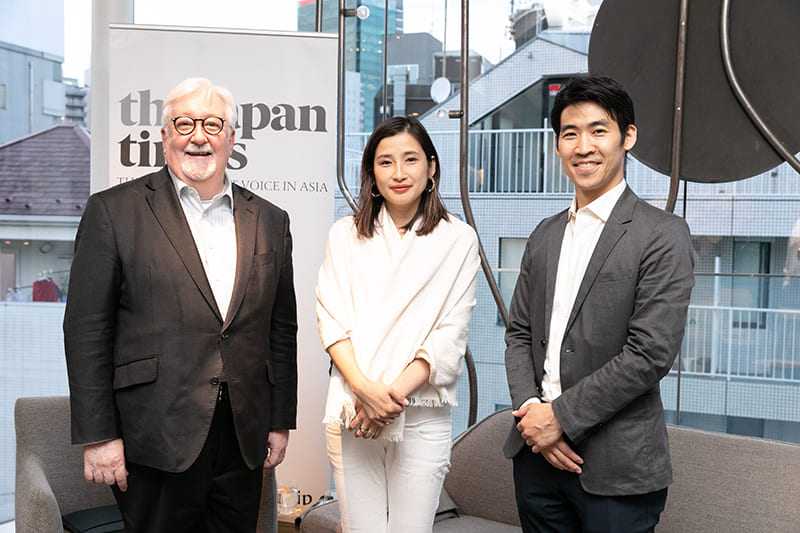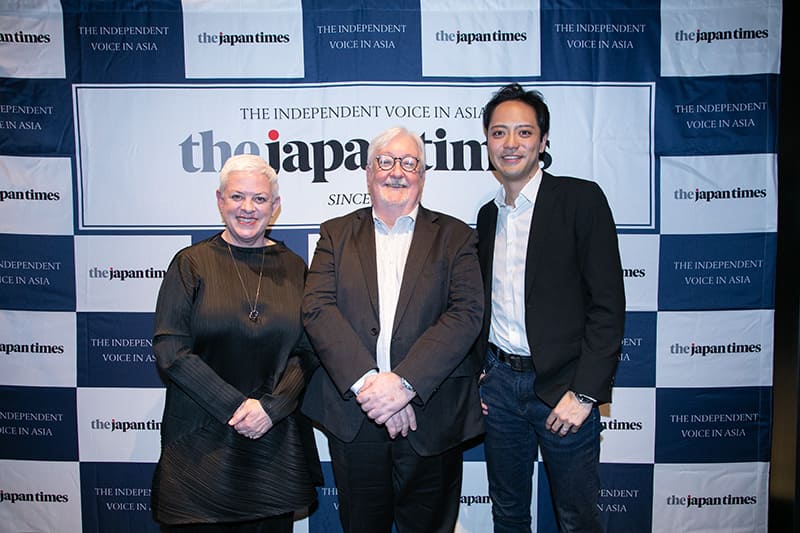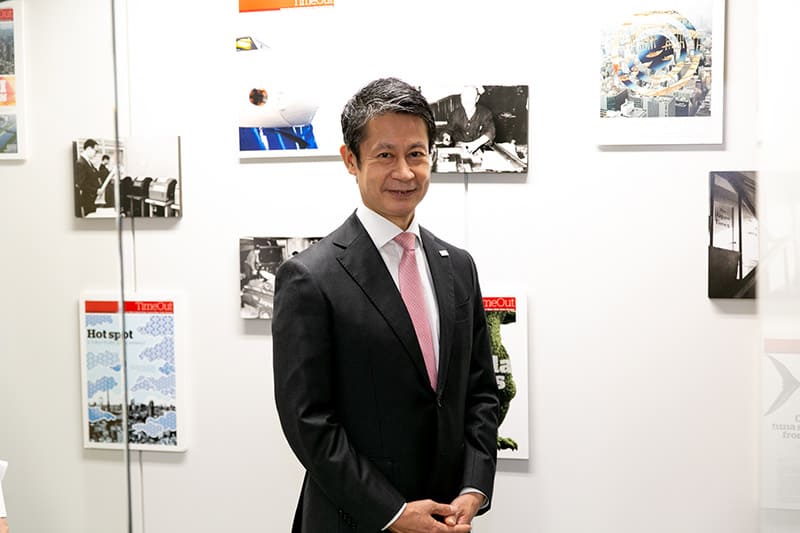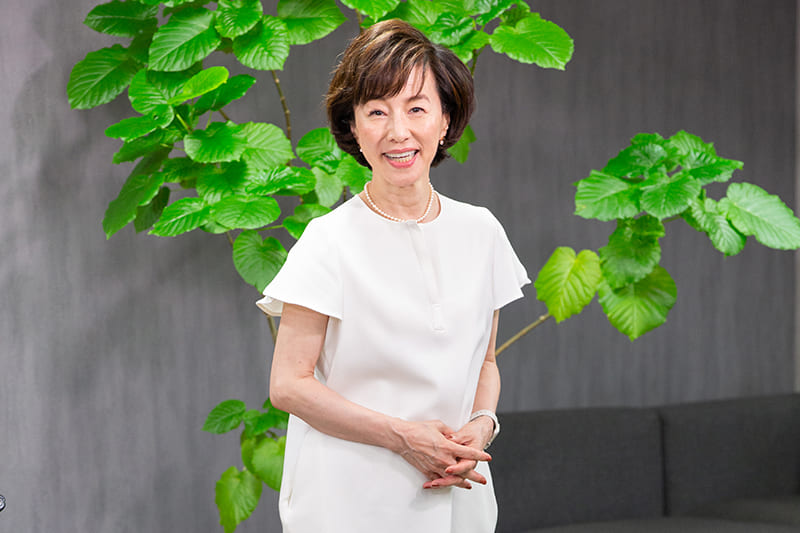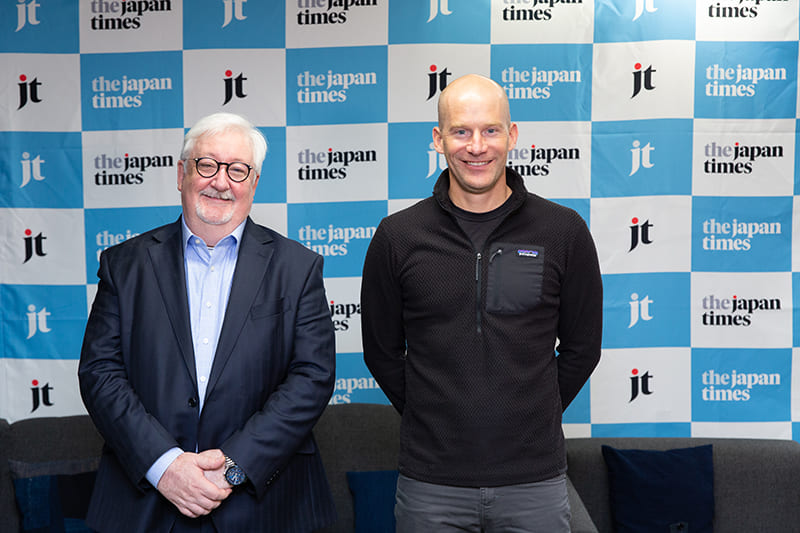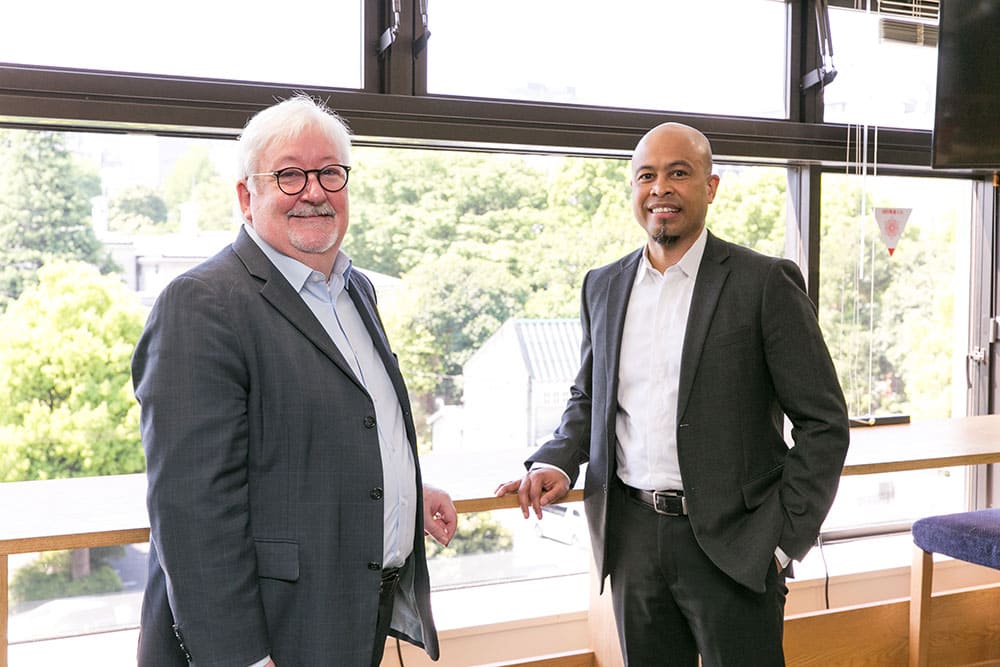December 22, 2023
Seira Yun of Socious seeks lasting social impacts
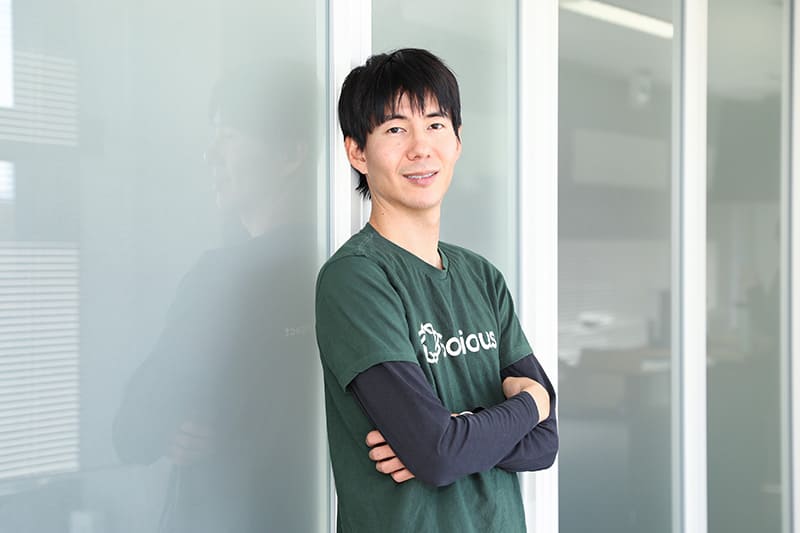
Trying to efficiently connect mission-aligned and talented individuals to meaningful jobs was a lightbulb moment when Seira Yun realized the need for an app that could provide this service.
As a committed social entrepreneur, Yun had always been looking for ways to maximize sustainable impacts. Yun realized he needed to find a way to help connect the 94% of young people who say they want to use their skills for good to the impact organizations that are looking for committed talent. “I was just trying to solve my own problems as a social entrepreneur,” he explained. “I remember how tough it had been for me seeking a significant job in the impact sector.”
So Yun and his team created Socious.io to connect impact organizations and purpose-driven people looking for jobs. “This talent can thrive when their company’s mission and personal mission are aligned, their cultural values are aligned, as well as the skill fit,” he said. “So we decided to focus on Socious.”
Matching talented people driven by a social purpose is something that the social entrepreneur can relate to very well. Having spent decades helping people, Yun hopes Socious benefits others who are also motivated to work in the impact space.
Yun took time out of his busy schedule to sit down with Ross Rowbury and a small audience for the 36th Japan Times Roundtable to talk about what inspired him to make the journey from college dropout to social entrepreneur, and why he is determined to assist others to focus on all the good they can do.
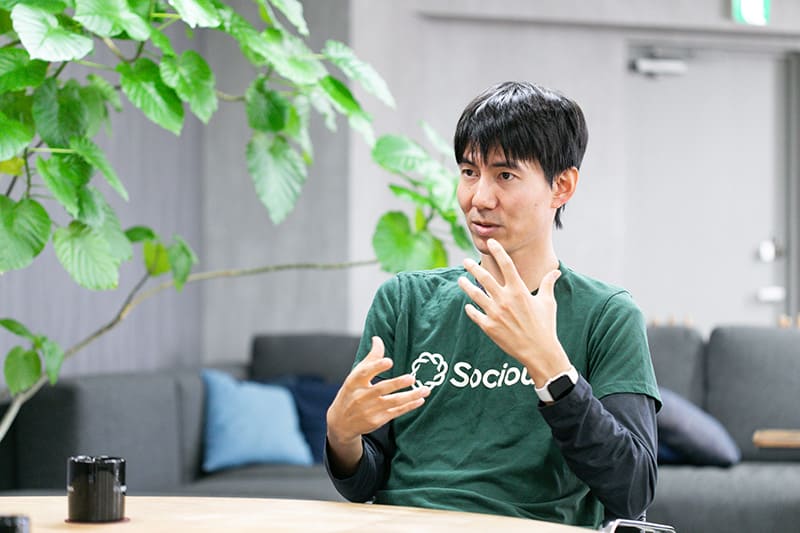
Adversity, tragedy, basketball
With a Japanese father and Korean mother, growing up in Japan and being diagnosed with autism spectrum disorder and also identifying as pansexual, Yun was well aware of the old Japanese adage “The nail that sticks out gets hammered down.”
“I stuck out on the margins of society where I grew up in Kawasaki, and in school I was bullied,” he explained. “And that led to mental health issues, and I suffered from depression and bipolar disorder.” While he now feels he is on top of his mental health issues, he considers that they defined his youth.
Things began to spiral out of control for Yun in later youth. At the age of 19, he was detained in a mental institution when his classmates thought he was suicidal. With help from doctors and specialists, he eventually got the help he needed and was discharged. However, tragically a month later, his best friend, Yuma, died in a car accident. “That had a huge impact on my life. We played basketball together in junior high school, and Yuma was someone who was really strong,” explained Yun. “Yuma was still pursuing his dream of going to the NBA when he died, and I felt maybe there’s a meaning to this. I started to wonder how I could be useful, how I too could be strong like him, how I could overcome obstacles like Yuma had once done.”
Yun began to wonder what he could do with his life, and decided that working with the United Nations would be one of the most impactful ways to contribute.
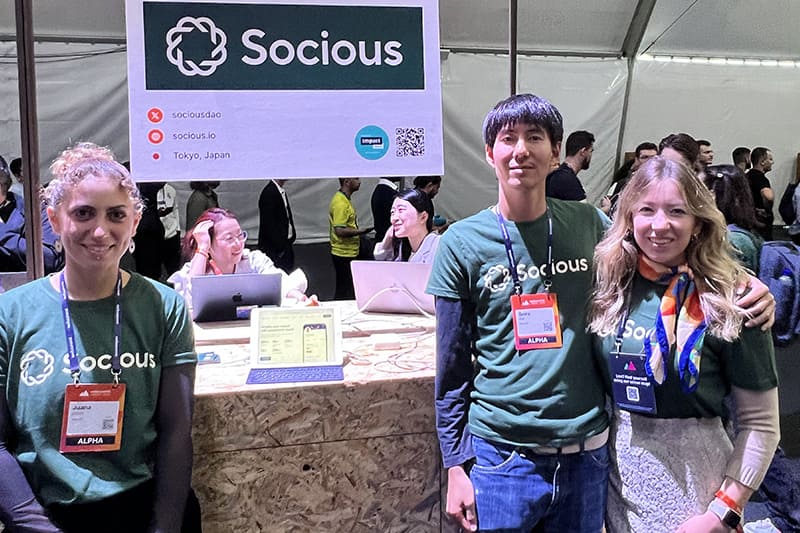
International career
Yun knew he would need at least a master’s degree to work at the U.N., so after returning to school after a lot of disruption in his life, he “somehow” got into a university and went on to complete a bachelor’s degree in international liberal studies at Waseda University, as well as a master’s in international law at the Graduate Institute of International and Development Studies in Geneva. After two years of unpaid internships with the United Nations High Commissioner for Refugees (UNHCR), he eventually realized his dream of a paid job at the U.N. “I guess two years of volunteer work paid off in the end,” he joked.
Yun’s first job was working with Syrian refugees in Lebanon: visiting refugee camps, gathering data about their needs and overseeing their well-being. Despite the satisfaction he found in the assignment, he still wanted to deal more directly with the beneficiaries in the conflict zones, and so began working with the International Committee of the Red Cross, well regarded as an organization whose protocols allow it to get closer to those most immediately in need. “When conflict happens, the U.N. will usually get their cars out of the way,” he said — “and then the ICRC will then just drive straight into the conflict.”
Getting donors’ attention
Yun’s work at the Red Cross took him to Iraq during the conflict with the Islamic State group, often observing the Red Cross treat injured Islamic State operatives when Iraqi doctors refused to. He also worked with Rohingya refugees from Myanmar in Bangladesh, one of the world’s most intractable refugee issues. He began to realize that help for these people was often dependent on garnering the world’s attention.
“These organizations — the U.N., the Red Cross — they rely on donations, and donors’ attention is very important as to where the money goes, and I have seen some good projects that have been suspended not because the need doesn’t exist but because of the donors’ new focus on this or that new issue, and so I thought, ‘Maybe there’s a better way.’”
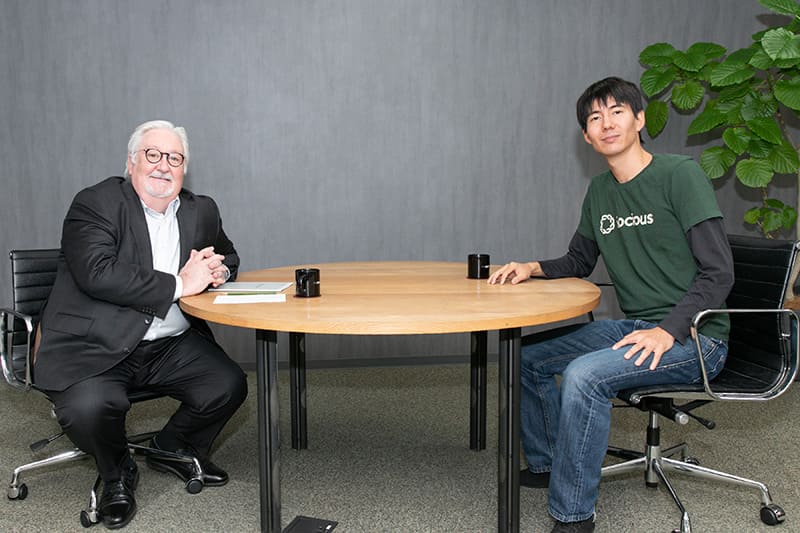
Social solutions with revenue

Yun thought there could be room for business to step in and take up the slack on underfunded projects outside of immediate conflict zones, helping to solve social and environmental problems while still maintaining financial sustainability by generating revenue.
He took himself back to school for a second master’s to study social innovation, returning to Japan in 2018. After founding his first social venture and experiencing the challenges of hiring mission-aligned talent, he realized the need for an organization like Socious.
For the future, Yun hopes that Socious can help other social innovators work not just in startups, but eventually move into established corporations. “These large corporations have a huge impact on society, and if some of them have more ethical, sustainable and gender-equal practices, then the impact on society will be massive,” he said.
For the rest of us who are inspired by Yun’s story, he insists that it is never too late. “It’s a marathon, not a sprint,” he said. “Maybe you know what you want to do when you are 12, but I know people who find their calling when they are 60, and they do amazing things in their lives. I believe experiencing different things will help you find your calling — there are no meaningless experiencesin life.”
Roundtable is a monthly series of English-language events organized by The Japan Times Cube. For more information or to assist a Roundtable, visit https://sustainable.japantimes.com/event

